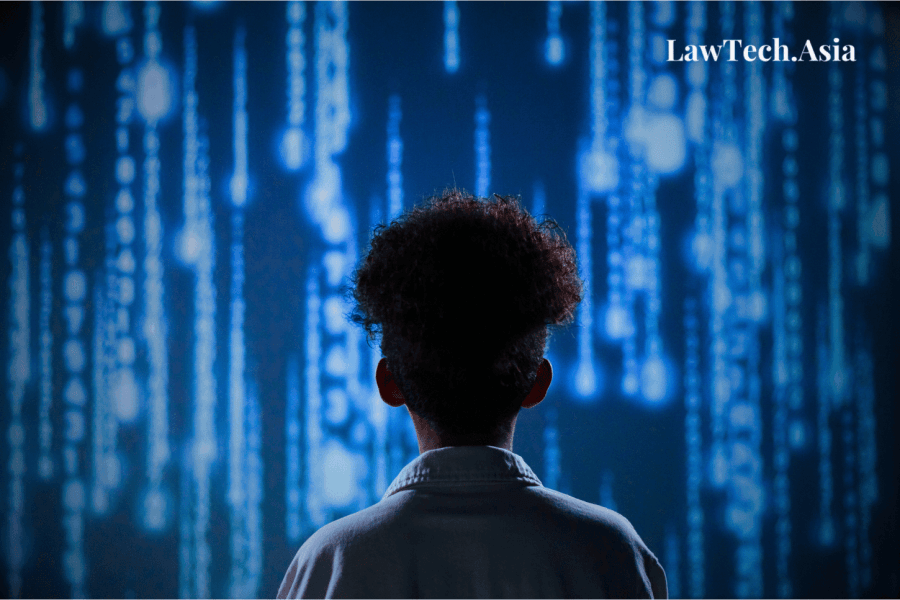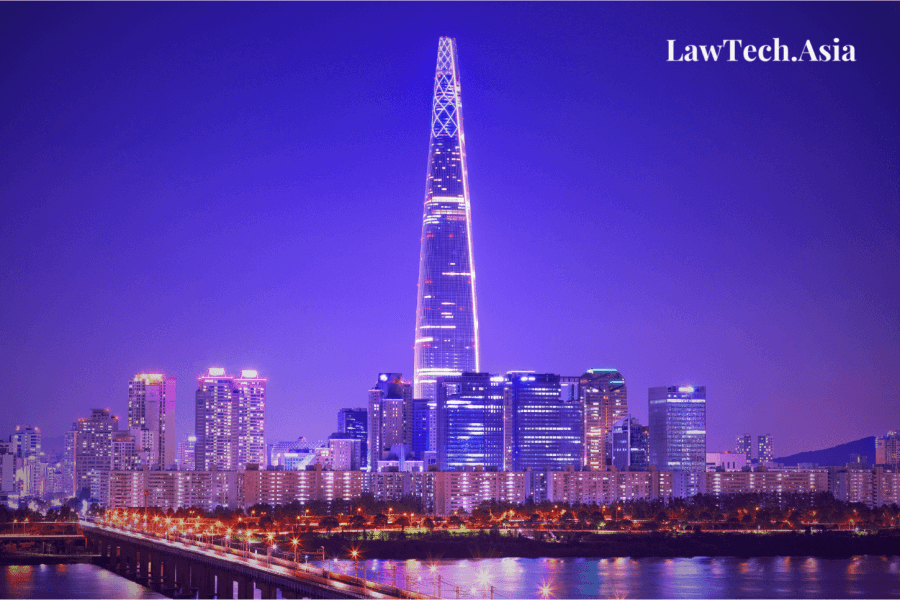Written by Joel Ko Chin Kye | Edited by Josh Lee Kok Thong
LawTech.Asia is proud to collaborate with the Singapore Management University Yong Pung How School of Law’s LAW4060 AI Law, Policy and Ethics class. This collaborative special series is a collection featuring selected essays from students of the class. For the class’ final assessment, students were asked to choose from a range of practice-focused topics, such as writing a law reform paper on an AI-related topic, analysing jurisdictional approaches to AI regulation, or discussing whether such a thing as “AI law” exists. The collaboration is aimed at encouraging law students to analyse issues using the analytical frames taught in class, and apply them in practical scenarios combining law and policy.
This piece, written by Joel Ko, argues that it is important for laws to be developed to accommodate the interplay of generative AI and copyright law. In doing so, Joel studies whether copyright can subsist in works purely generated by generative AI be treated; and whether we should allow works derived from AI-generated content to be copyrightable, particular in situations where there is sufficient human editorial control.





